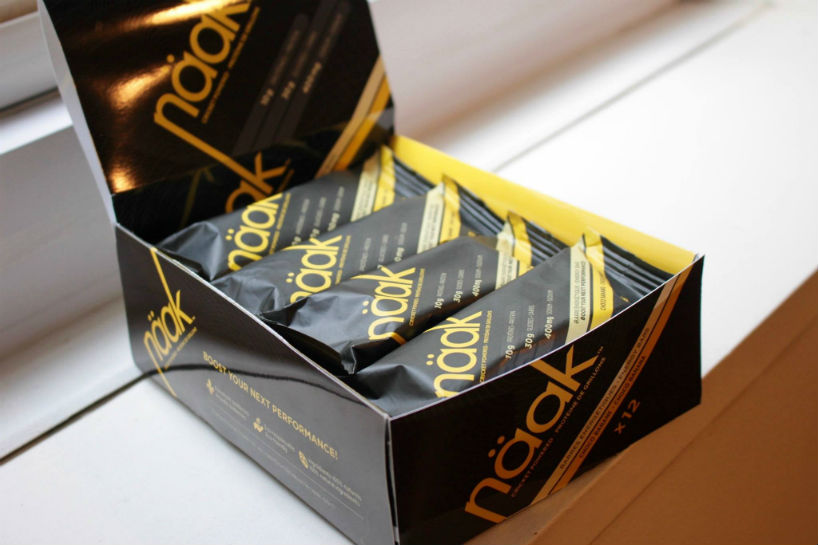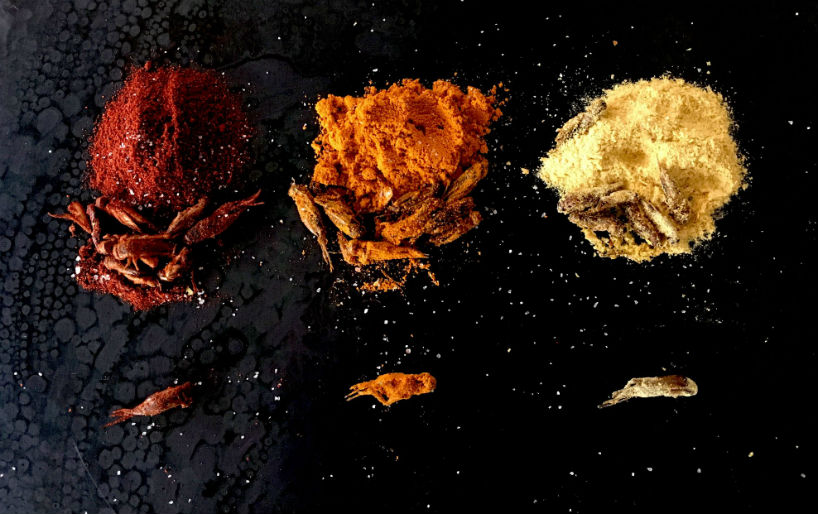From Montreal to Vancouver, edible crickets are gaining in popularity
Around the world, interest in insect-based food products is on the rise.
Exo, a Brooklyn start-up that makes insect-based protein bars, raised $4 million in funding last year and has become a phenomenon that seems to be giving other entrepreneurs ideas. Whether it’s a coincidence or not, since Exo received this record amount of funding for an insect-based food product, other businesses with similar values are starting to attract greater interest. One such company in Quebec is Näak, a young business that developed an energy bar designed for elite athletes that is also suitable as a snack for anyone with an active lifestyle. “I tend to compare insect-based food products with sushi. Thirty years ago, most people were hesitant about the idea of consuming raw fish, but now it’s completely mainstream. I think the same thing will happen with insects,” said Antoine Domergue, co-founder of Näak. In Vancouver, Coast Protein, which also makes protein bars, recently raised over $40,000 in a crowdfunding campaign to develop its line of products.

In Québec, Näak has developed an energy bar for endurance athletes
Why are these entrepreneurs jumping on the edible insect bandwagon? Because crickets are increasingly being touted as the food of the future, not only due to their high nutritional value, but also their low environmental impact. For example, cricket flour contains 65% protein versus 23% for chicken and 12% for eggs. And raising crickets produces 100 times less greenhouse gas than raising cattle. “What crickets really need now to win over public opinion is an image makeover,” explained Dylan Jones, founder of Coast Protein. “It’s still not attractive enough right now, but that’s starting to change with the emergence of several stylish start-ups.” Another factor that’s not helping the spread of edible insects is the high price of these products: protein bars currently sell for between $4 and $7. “The more people start consuming insect-based products, the faster prices will drop,” explained Jones. “With the current state of the market, we have no choice but to charge high prices, but that will change.”

Cricket powder contains 65% protein, compared to only 23% for chicken and 12% for eggs
Ontario is home to the largest entomophagy farm (a farm that raises insects for consumption) in North America: Entomo Farms has approximately 90 million crickets at different stages of development, and is the supplier for the majority of businesses that make edible insect-based products. For example, Crik Nutrition, in Winnipeg, uses its cricket powder in its food supplements.
In 2013, the UN published a report entitled Edible insects: Future prospects for food and security, which recommended incorporating edible insects into the human diet. The report also highlighted the fact that cricket powder is considered the world’s most environmentally-friendly complete protein source: to produce the same amount of protein as beef, crickets need 12 times less feed and 2,000 times less water.
More than 2,000 species of edible insects have already been identified (including caterpillars and ants), and there are already over 2 billion people around the world who eat insects, primarily in Asia and South America, accounting for a third of the world’s population.
Infolettre
Envoyée tous les jeudis.
Inscrivez-vous.
Suivez l’actualité de l’économie positive et engagée.
Emplois
Trouvez l'emploi idéal.
Événements
Nos prochaines activités.


